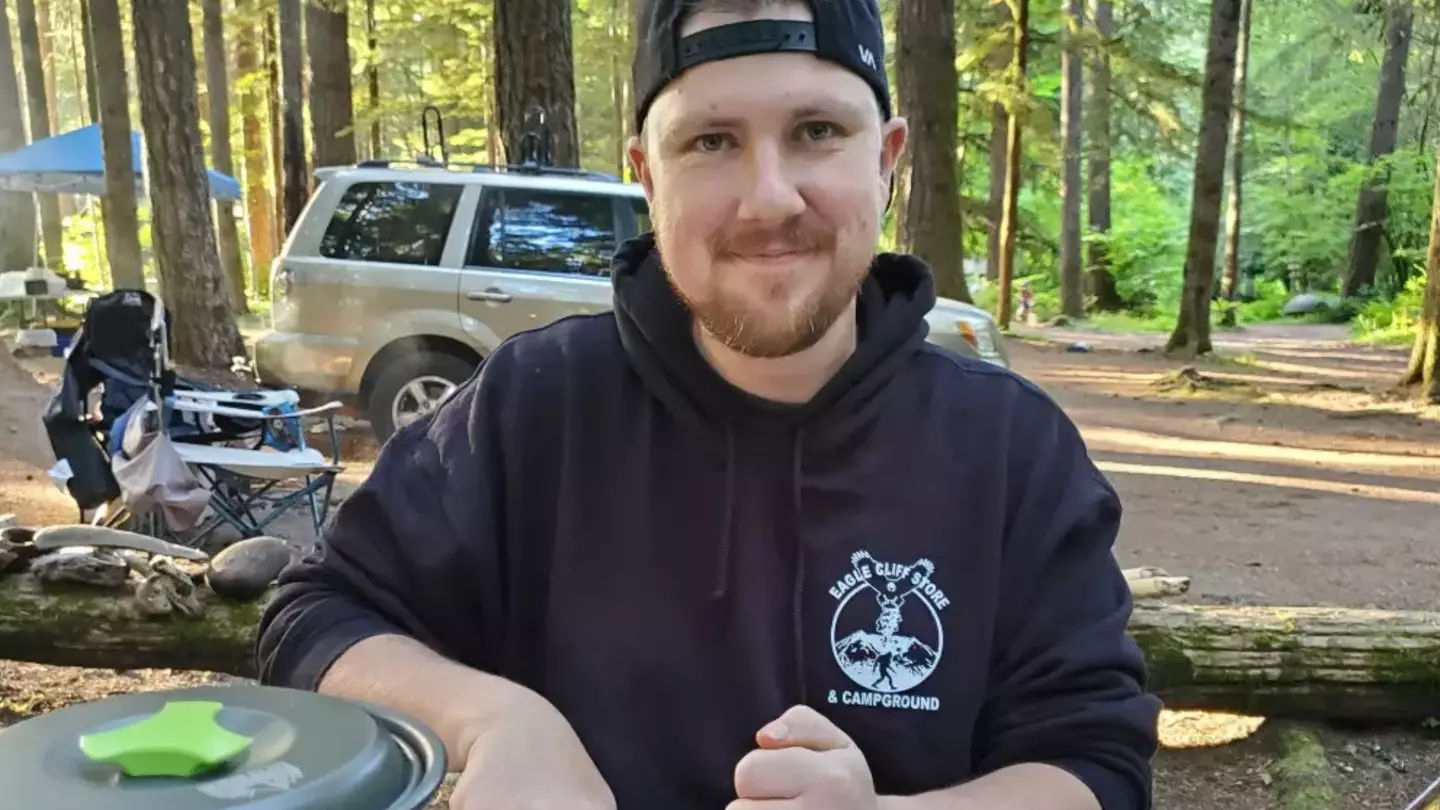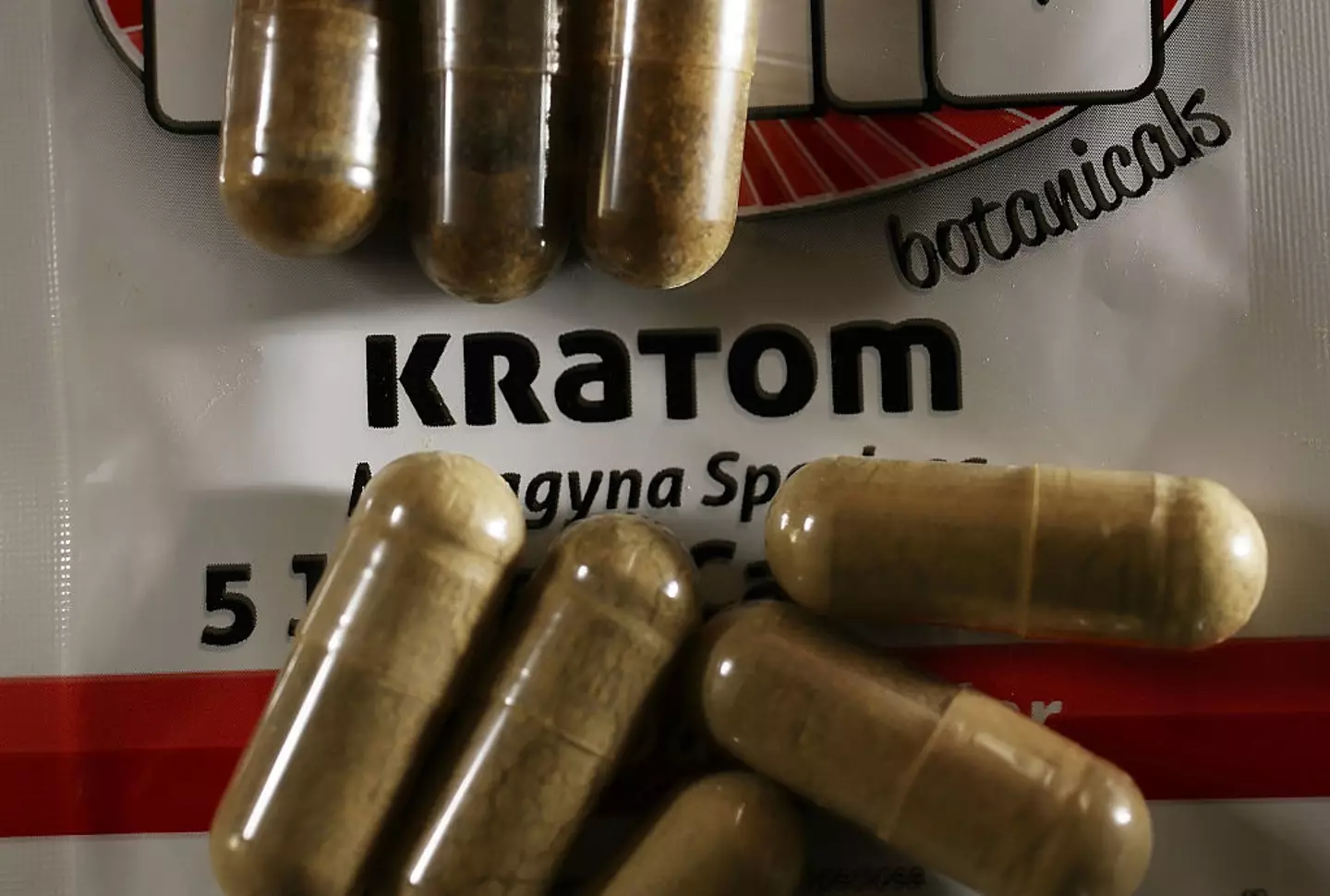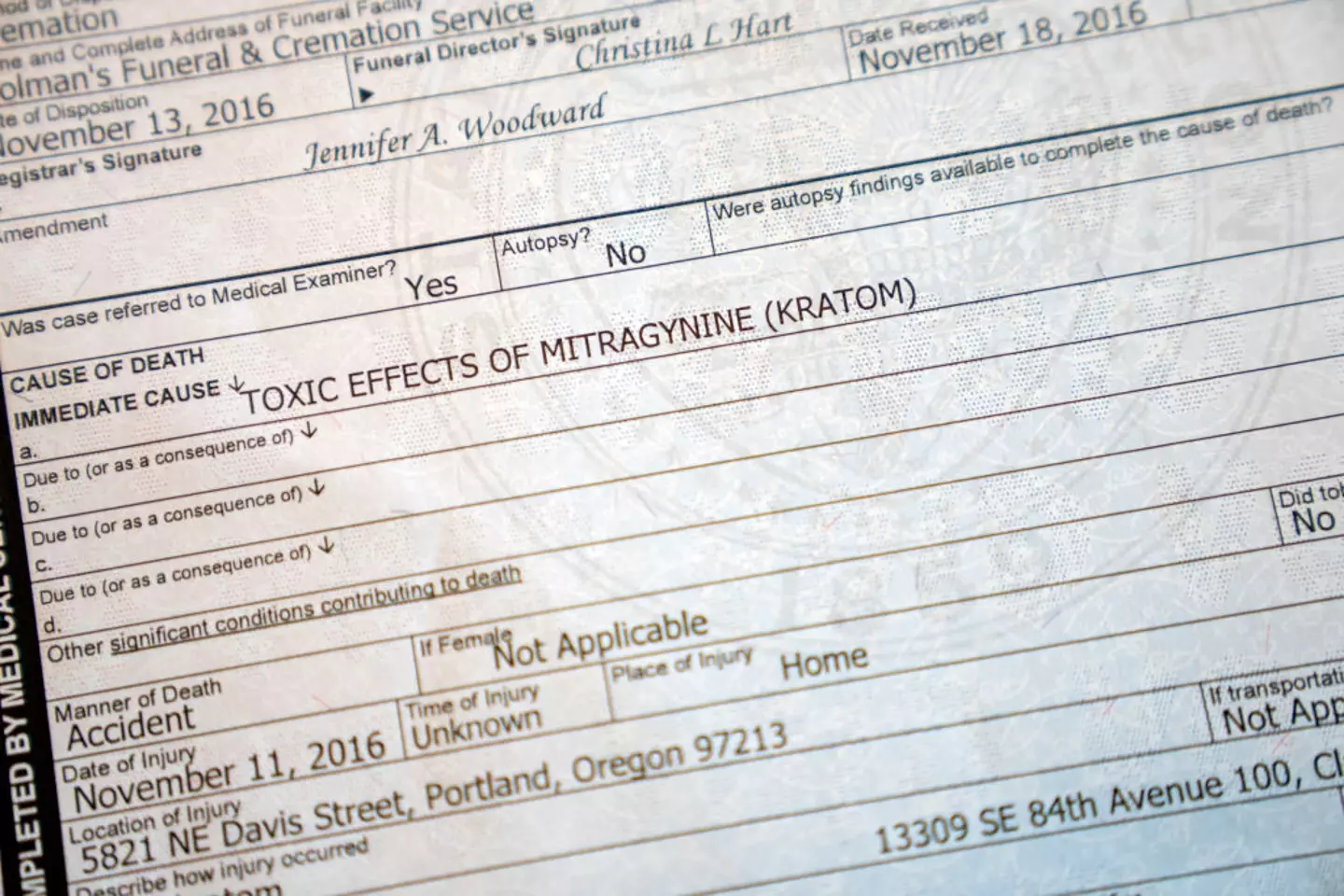
A doctor has warned about the risks of an 'all-natural' supplement after a man suddenly died after taking them.
Back in April 2022, health-conscious 37-year-old Jordan McKibban suddenly collapsed and died after drinking a lemonade mixed with a seemingly innocuous supplement that can be bought from a gas station.
It later transpired he had mixed a tablespoon of powdered kratom into his after-work beverage - a supposedly 'all-natural' supplement marketed to ease pain, anxiety, fatigue, depression and even opioid withdrawal - which led to his death.
An autopsy report later showed it was a compound in the substance, mitragynine, that claimed Jordan's life.
Advert
His grief-stricken mom Pam Mauldin, who has launched legal action against the supplement for wrongful death, was the one who found his lifeless body.

“I’ve lost my son. I’ve lost my grandchildren that I could have had, I’ve lost watching him walk down that aisle, watching him have a life that I get to watch with my other kids. I’ve lost enjoying these years with him,” she said.
“I have to go to the cemetery, and I hate going to the cemetery. He shouldn’t be there."
Now, doctors are warning against the substance, that is still sold in powders, capsules, gummies and energy-style shots in stores and gas stations.
Doctor Michael Greco, an emergency physician in Florida, told the outlet that kratom can be responsible for a range of unwanted side effects, such as dizziness and sweating to high blood pressure, elevated heart rate and even psychosis.
Yet despite its clearly hazardous side effects, critics claim consumers are left in the dark about the dangers as manufacturers aren't legally obligated to verify what's inside their products.
The Food and Drug Administration adds that kratom and its components are 'not lawfully marketing' in the US as a drug product or dietary supplement.

Pam said her son was told it was impossible to overdose on the product while the cellophane bags left behind came with no dire warnings.
“There have been hundreds of people killed from this, and they don’t pull it. The government doesn’t step in,” she added.
Doctor Robert Levy, an associate professor at the University of Minnesota and expert in addiction and family medicine said: "There’s always been concern around kratom because if you take enough of it, kratom does act like an opioid, and people can become addicted to it and have withdrawal from it and overdose on it and ruin their lives on it, like anybody else that has a substance use disorder."
Levy said just because something is labeled 'all-natural' or 'plant-based' doesn't mean it's safe, adding: "Arsenic is also from a plant"
Medical professionals also fear an even more addictive offshoot of kratom, called 7-hydroxymitragynine, or 7-OH, has tiptoed into the market and is far more 'problematic.'
So much so that the FDA even recommended classifying 7-OH as an illegal substance as of July 29 this year, stating in press release that the opioid 'can be more potent than morphine'.

“Vape stores are popping up in every neighborhood in America, and many are selling addictive products like concentrated 7-OH. After the last wave of the opioid epidemic, we cannot get caught flat-footed again,” FDA Commissioner Marty Makary urged. "We need regulation and public education to prevent another wave of the opioid epidemic.”
As for Pam, she sadly isn't alone in her fight for justice as another heartbroken mom has launched legal action after her 27-year-old son, Johnny Loring from Ohio, died after taking the substance.
He was found to have fatal levels of mitragynine and gabapentin, a prescription painkiller, in his system at the time of his death.
Jennifer Young said she found 20 packs of kratom in her son's room, adding: "The level of kratom shocked me. It overwhelmed me. It made my gut sick. I didn’t realize it was so addicting.”
Topics: US News, Drugs, Health, Mental Health, Food and Drink